People
Faculty
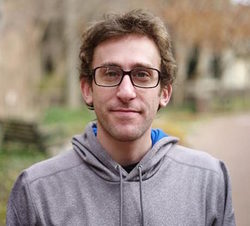
Joshua Becker
Joshua is an Assistant Professor at the UCL School of Management, University College London. Joshua received their PhD in Communication from the University of Pennsylvania and completed a postdoctoral fellowship with the Kellogg School of Management. Prior to graduate school, Joshua worked professionally in mediation and conflict resolution, spent some time managing training and coaching for a customer service department, and now serves as a pro-bono mediator with the Chicago Conflict Resolution Center. Joshua's research focuses on communication networks and collective intelligence.
Nicola Perra
Nicola is a Reader in Applied Mathematics at Queen Mary University of London. Nicola's research focuses on human dynamics, big-data analytics, network science, and mathematical/digital epidemiology. In particular, his interests lie on the characterization and modeling of dynamical processes unfolding on time-varying and multiplex networks, human adaptive behaviors, data-driven modeling of infectious diseases, and the study of Online/Offline Social Networks.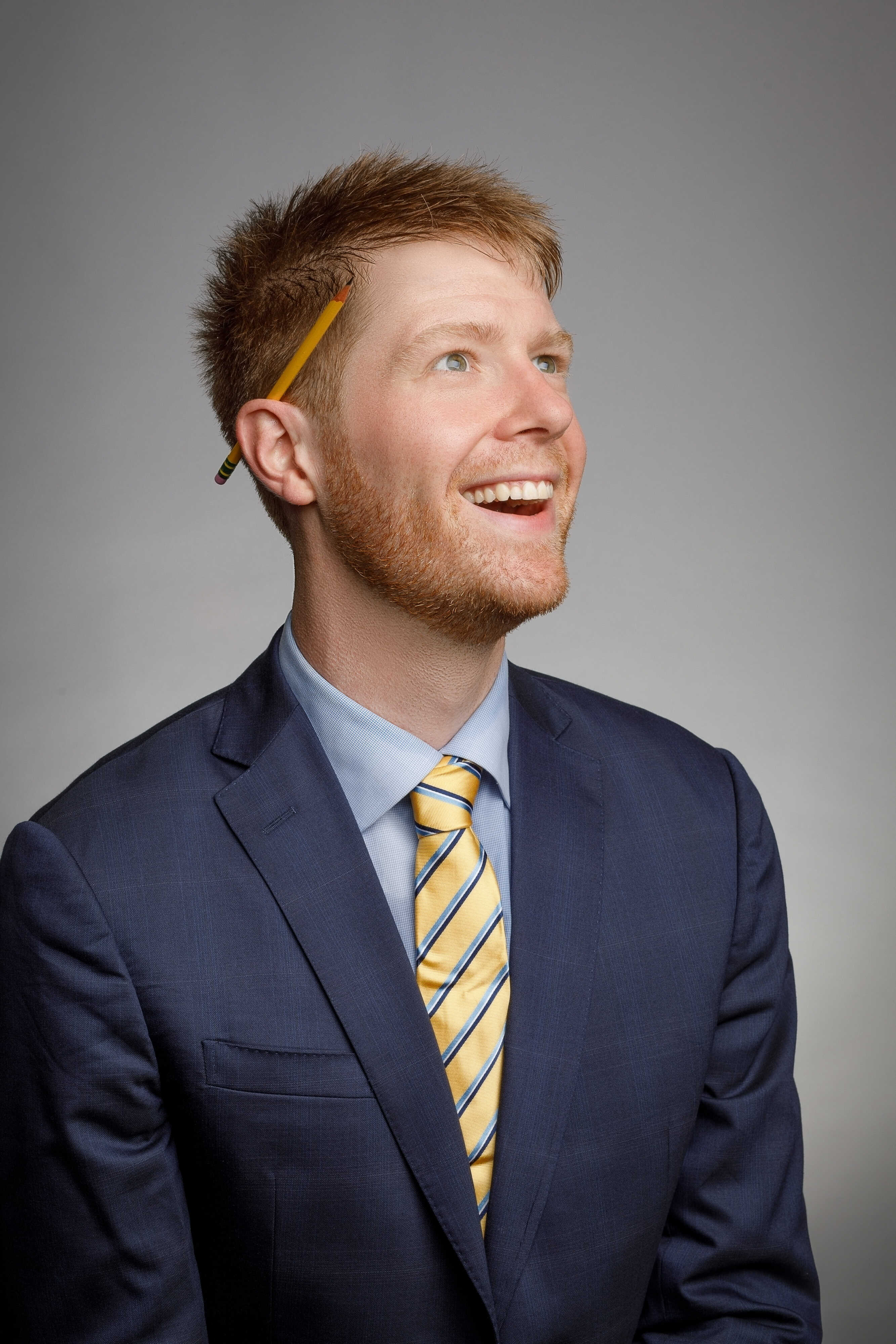
Michael Yeomans
Michael is an Assistant Professor in Strategy and Organisational Behaviour at Imperial College Business School. In his research, Michael uses natural language processing to study decision-making in conversation. He completed his PhD at the University of Chicago and a post-doctoral fellowship at Harvard University.Speakers
SICSS London Seminar Series
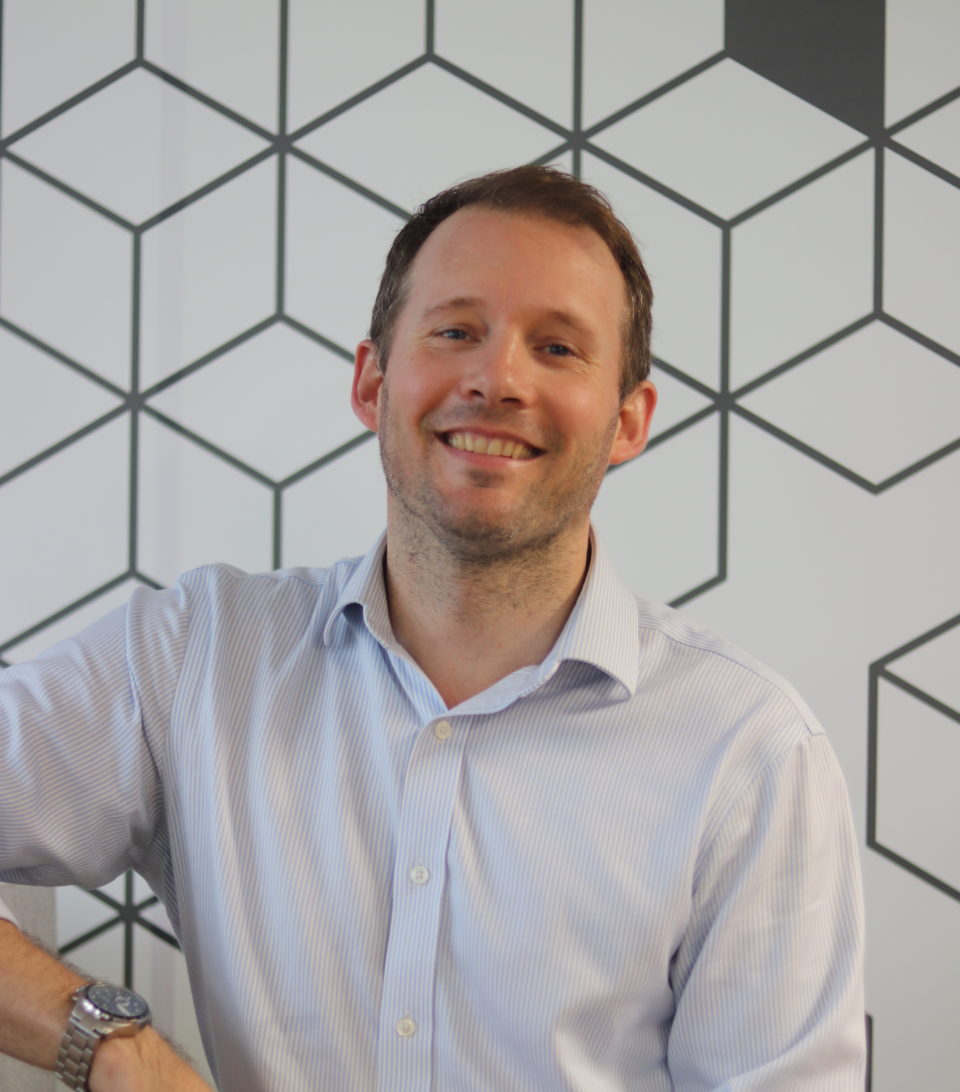
Alex Sutherland
Alex is Chief Scientist and Director of Research and Evaluation at BIT. His recent published work has been on police body-worn cameras and he has led a number of large-scale randomised-controlled trials in education. Before joining BIT, Alex was at RAND Europe for 5.5 years, and spent three years coordinating and teaching research design/quantitative methods at the University of Cambridge. Prior to Cambridge, he worked at the Centre for Criminology, University of Oxford and has a D.Phil. in sociology, also from Oxford.
Neave O Clery
Originally from Dublin, She is currently Associate Professor at the Centre for Advanced Spatial Analysis (CASA) at University College London where she leads a research group focused on data-driven models for economic development and the emergence of complexity for urban systems. She was previously a Senior Research Fellow at the Mathematical Institute at the University of Oxford. Before this she was a Fulbright Scholar and Postdoctoral Research Fellow at the Center for International Development at the Harvard Kennedy School following her PhD (mathematics) at Imperial College. She is also founder and Editor in Chief of Angle – a journal based at Imperial College focusing on the intersection of policy, politics and science – since 2009.
Stephen Hansen
Stephen Hansen is an Associate Professor of Economics at Imperial College Business School. Most of his research focuses on organizational economics and monetary policy. Increasingly he draws on unstructured data sources and machine learning methods to address questions in these areas.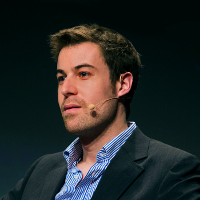
Yves-Alexandre de Montjoye
Yves-Alexandre is an Associate Professor at Imperial College London where he heads the Computational Privacy Group. He is currently a Special Adviser on AI and Data Protection to EC Justice Commissioner Reynders and a Parliament-appointed expert to the Belgian Data Protection Agency. In 2018-2019, he was a Special Adviser to EC Commissioner Vestager for whom he co-authored the Competition policy for the digital era report. He is affiliated with the Data Science Institute and Department of Computing. He was previously a postdoctoral researcher at Harvard working with Latanya Sweeney and Gary King and he received his PhD from MIT under the supervision of Alex PentlandTeaching Assistants

Burint Bevis
Burint is a PhD student in Strategy & Organisational Behaviour at Imperial College Business School. He has a background in data science (Python and R) and has spent a number of years working as a consultant prior to starting his PhD.Participants
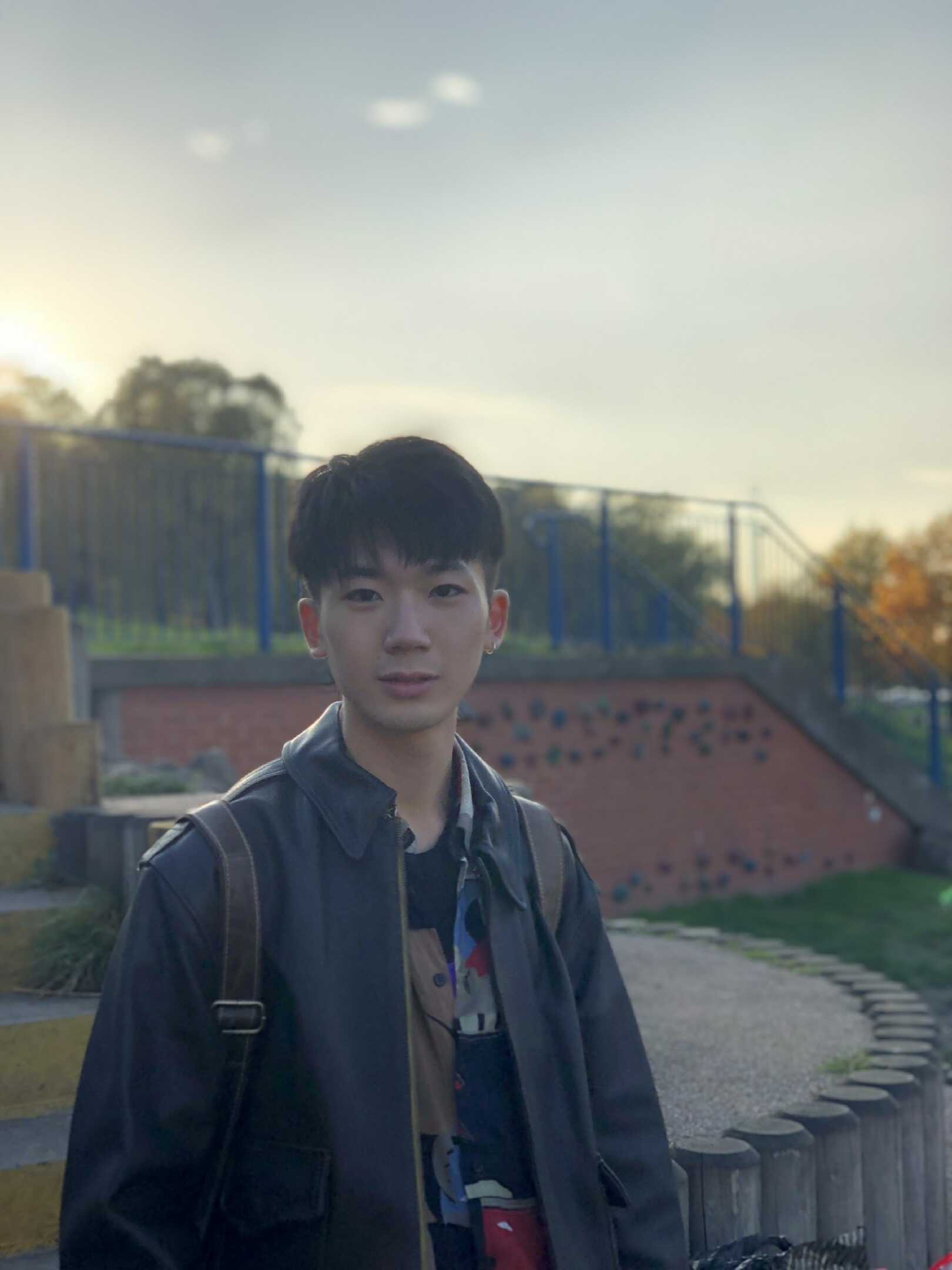
Zizhou Peng
Zizhou Peng is a doctoral student at Warwick Business School. His current research uses advanced empirical quantitative methodology to analyse unstructured data such as text, image and video. He holds a BSc in Geophysics from the University of Edinburgh and a MSc in Business Analytics from Warwick Business School.
Yuerong Zhang
Dr. Yuerong Zhang is a Leverhulme EC Research Fellow at Bartlett School of Planning (BSP), University College London (UCL). Prior to that she was the research fellow in Transport modelling at MaaSLab. Her work interests are network resilience, spatiotemporal transport analysis and new mobility technologies and services.
Yifei (Ephie) Wang
Yifei (Ephie) is a PhD student in Information Systems & Management at Warwick Business School. Her research interests include online harassment and spam. In her current research, she uses machine learning and natural language processing to study the incidence of online harassment.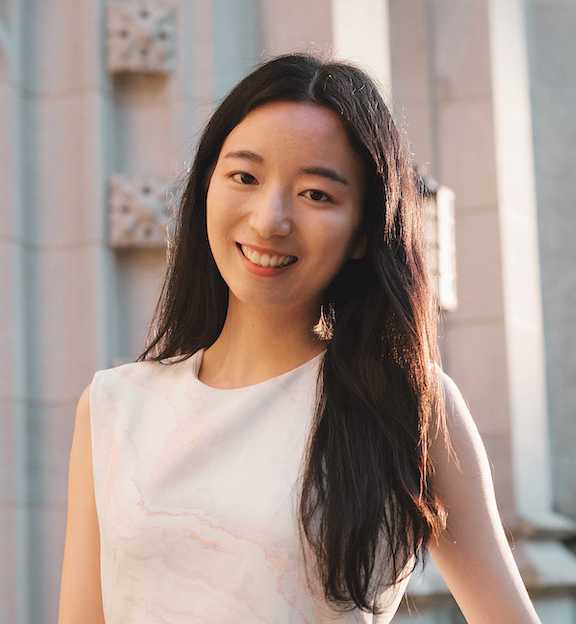
Yaoxi Shi
Yaoxi is a PhD student in Organisational Behaviour at Imperial College Business School. She studies people’s social lives (e.g., conversations, impression management) with computational methods and experiments. Before joining Imperial, Yaoxi completed her MA in social sciences at the University of Chicago.
Xia Zeng
Xia Zeng is currently a Computer Science PhD candidate at Queen Mary University of London, supervised by Dr. Arkaitz Zubiaga. She received a Master’s degree on Linguistics with Distinction from University College London and a Bachelor's degree on Translation from Zhejiang University of Technology. Previously she was a visiting student at UC San Diego and a research assistant at TU Darmstadt. She is very interested in applying various NLP methods on all kinds of interesting social science questions.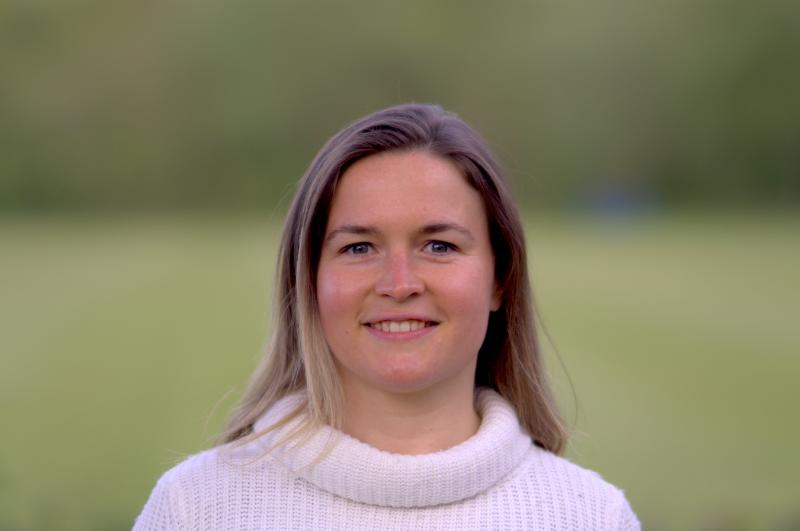
Valentina Semenova
Valentina Semenova is a PhD candidate in mathematics at the University of Oxford under the supervision of Professors Doyne Farmer and Xiaowen Dong. Her research is targeted towards understanding social dynamics from using a complex systems approach leveraging machine learning techniques and social media data, with implications for financial stability and economics. Before beginning her studies at Oxford, Valentina completed a master’s degree at Columbia University in Operations Research, studying the optimization of dynamic systems under the supervision of Professor Yuri Faenza. Prior to Columbia, she worked for 2 years in algorithmic trading at Goldman Sachs and 2 years at Palantir Technologies (a technology company specializing in big data analysis). Valentina completed her undergraduate degree at Dartmouth College where she double-majored in mathematics and economics.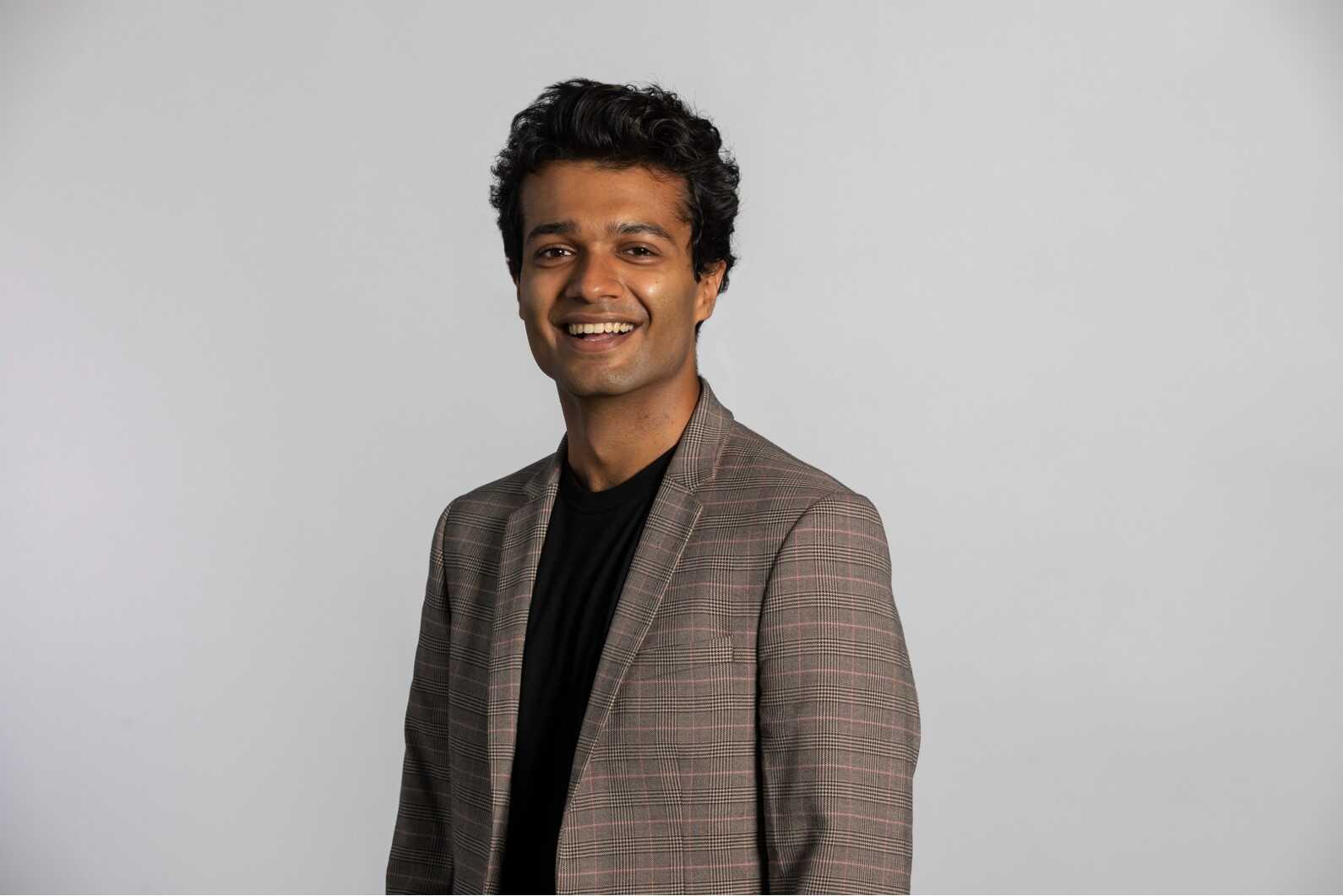
Prashant Garg
Prashant Garg is a PhD student at the Department of Economics and Public Policy at Imperial College London. His area of interest include belief formation and information diffusion. He loves using diverse tools such as network analysis and textual data, and marrying them with econometrics to understand causal relationships. Prior to graduate school, he worked as a "predoc" at Imperial College, working on projects related to environmental economics, behavioural economics, mobility and productivity. He received his BSc. and MSc. in Economics from Cardiff University and UCL.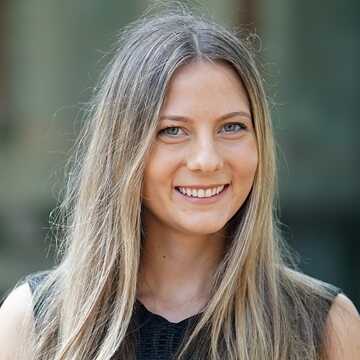
Mia Jovanova
Mia Jovanova is a doctoral candidate at the University of Pennsylvania. She studies behavior change using brain, social network and mobile phone data. Her current work examines how neural and social processes interact, via machine learning tools, to improve the predictive and explanatory power of health behavior change theories. She further deploys experiments to test mobile health interventions. Mia holds a BSc from Cornell University.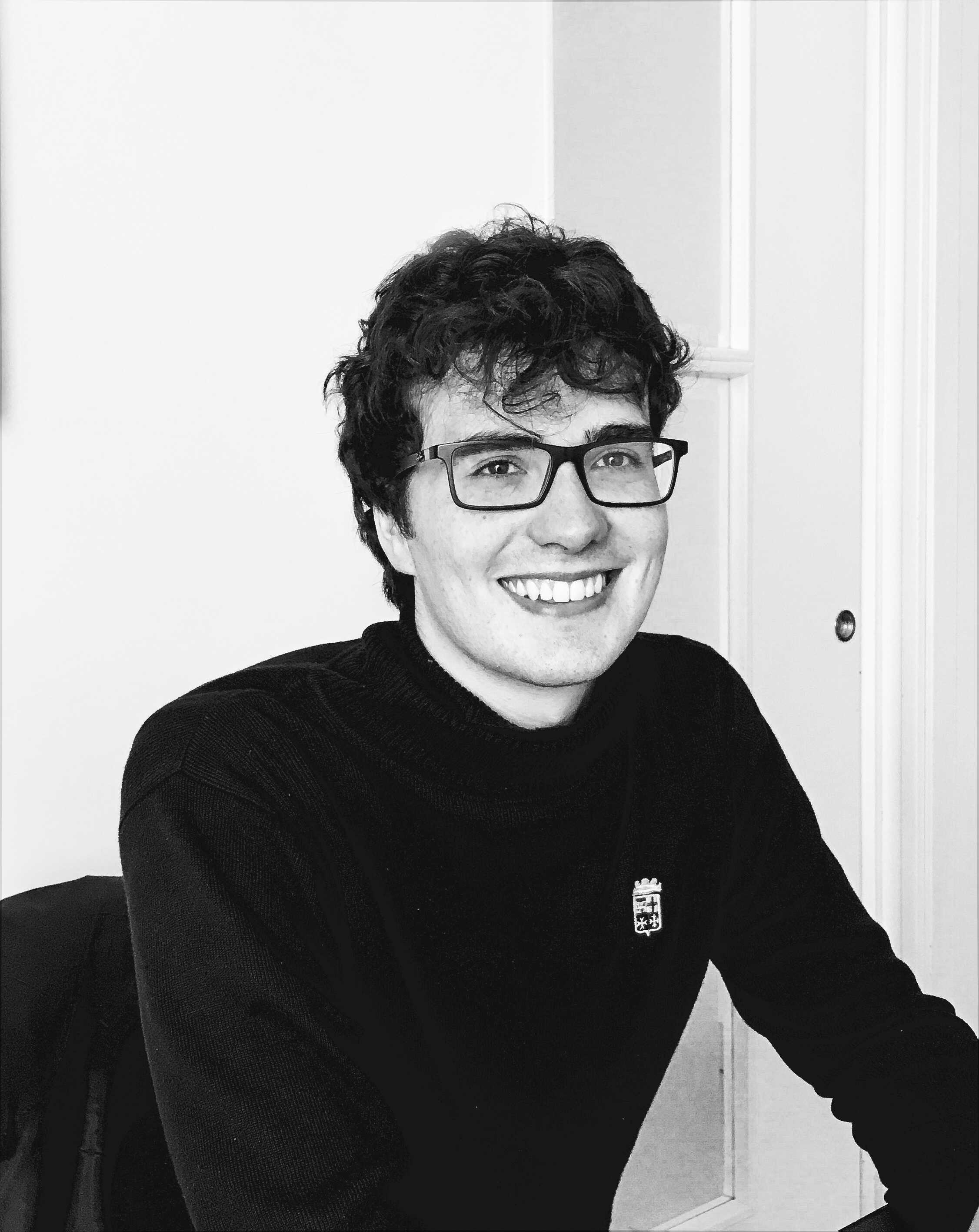
Matteo Burato
Matteo is a PhD student in Strategy at ICBS. His work is mainly concerned with the strategic decisions and behavioural patterns of modern enterprises in multiple-goals/multiple-optima scenarios. His main focus is sustainability strategies, their evolution, and their effects on performance. The analysis of sustainability report is a key tool in this effort.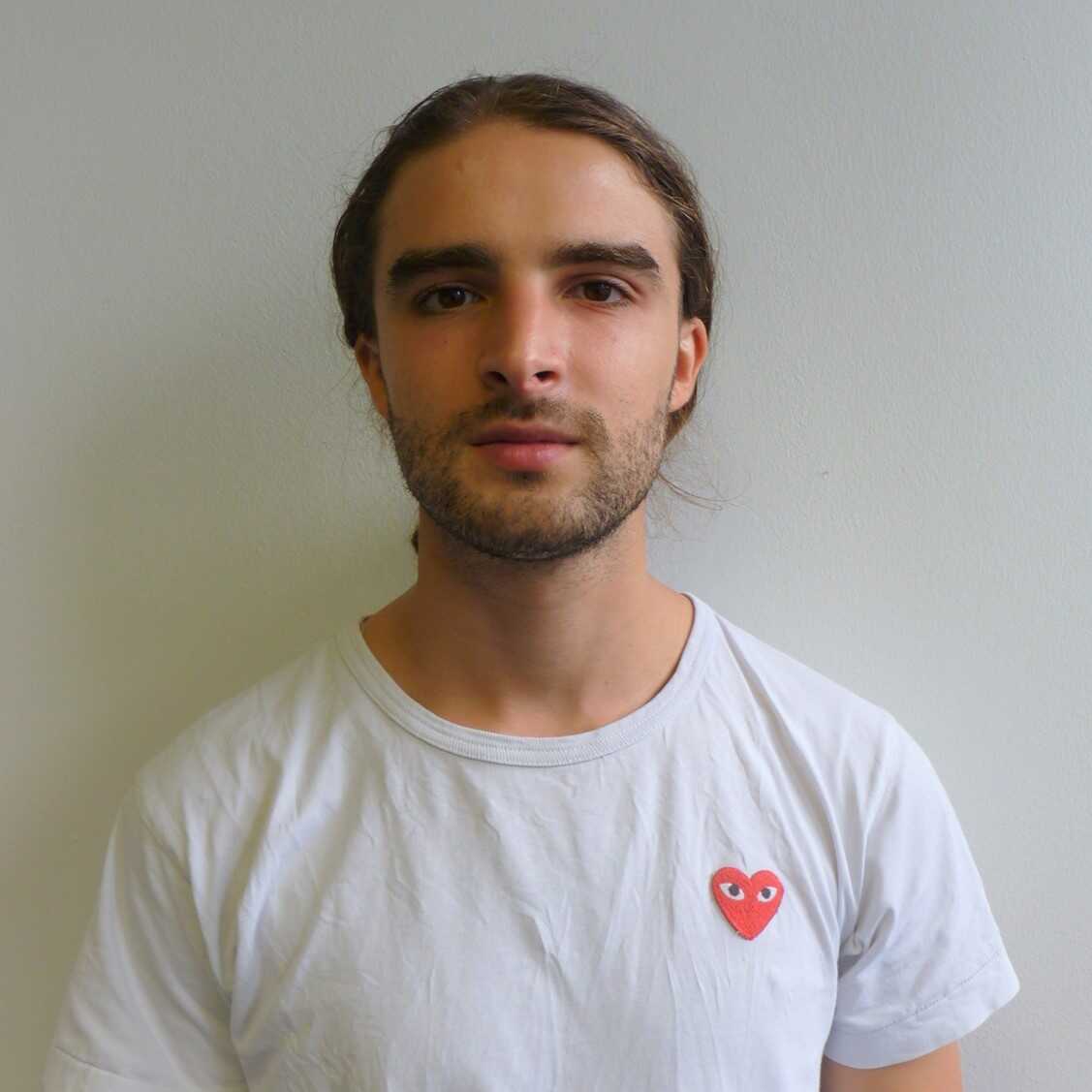
Matija Franklin
Matija Franklin is a PhD student at UCL’s Causal Cognition Lab. He works on AI Ethics and Alignment, including researching the structure and properties of human preferences, the influence AI has on preference and behavior, explainable AI, and responsibility attribution. He has collaborated with researchers at the Nokia Bell Labs, Future of Humanity Institute, and Future of Life Institute.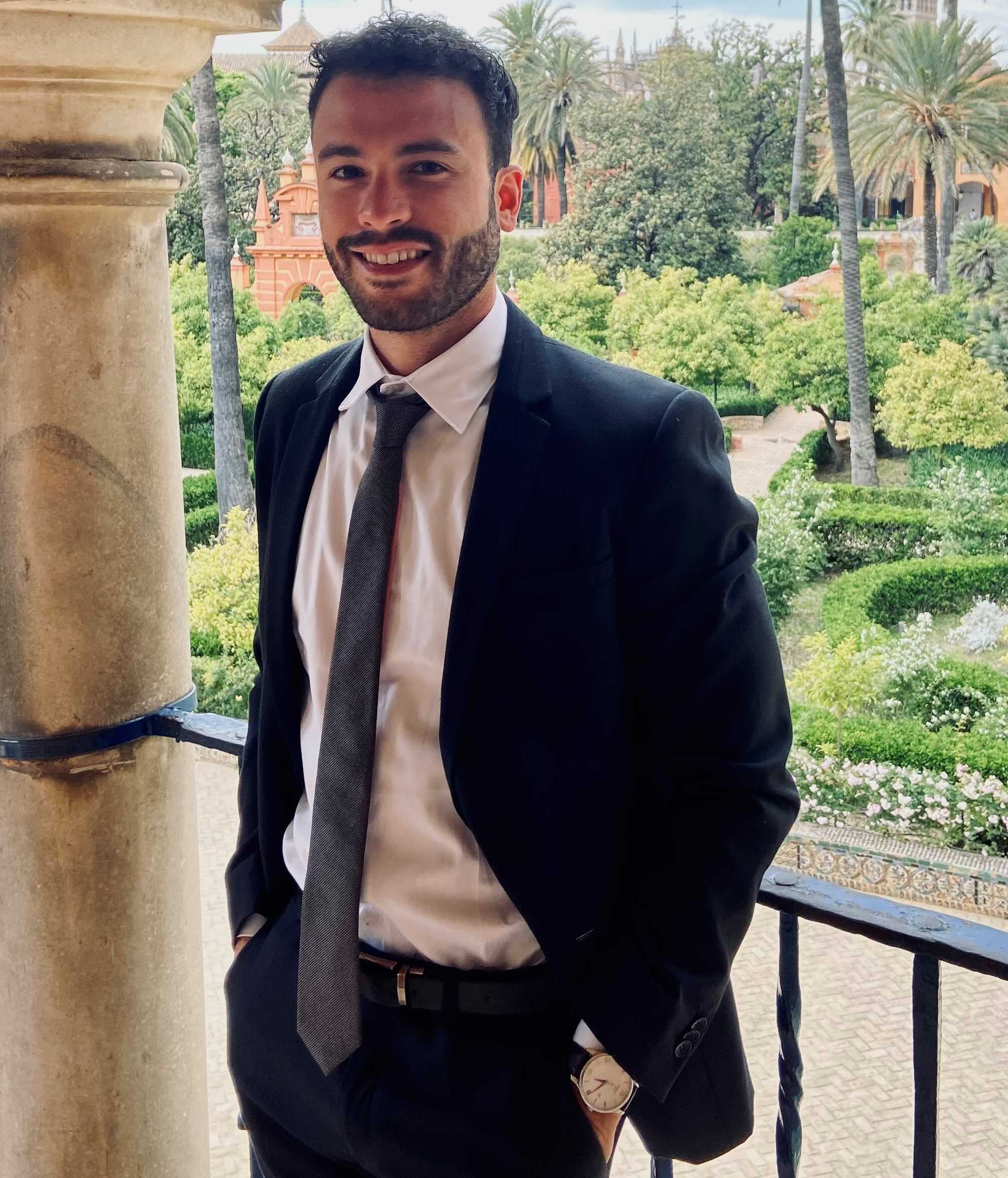
Matheus Menezes
Matheus Menezes is a PhD candidate in Marketing at Imperial Business School. He holds a BSc in Economics with econometrics from University of Kent and a MSc in Economics from Barcelona School of Economics. His current research in consumer behaviour focuses on online social influence and consumer decision making online. Matheus's research methods include text mining and experimental design.
Manfredi de Bernard
Manfredi is a PhD student at the Culture, Media and Creative Industries department at King's College of London funded by the London Arts and Humanities Partnership. I am interested in the implications of complexity theory on cultural policies and creative economy research.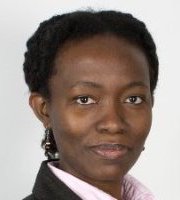
Maina Korir
Dr Maina Korir is a lecturer in Information Technology at the University of Bedfordshire. She recently completed her PhD in Educational Technology at the Open University, UK. Her broad research interests are in human-technology interaction and recent research has focused on privacy in learning analytics and decentralized identity.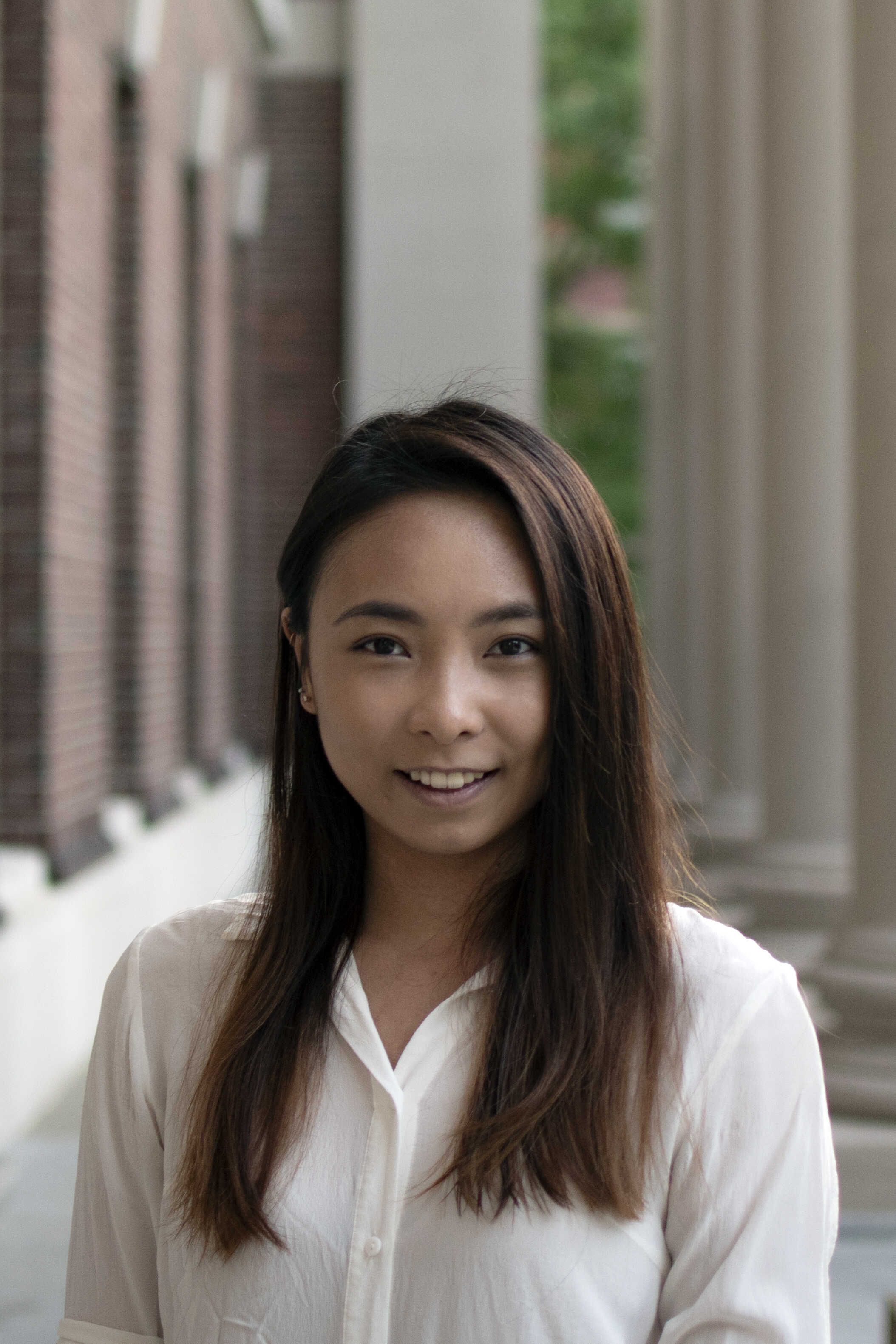
Kara Luo
Kara Luo is a research fellow at the Harvard Kennedy School, and will begin her PhD program this fall in the Stanford GSB Organizational Behavior department. Her research interests include using computational methods to better understand culture and information networks using experimental and computational methods. She holds a B.S. and M.Eng. from MIT.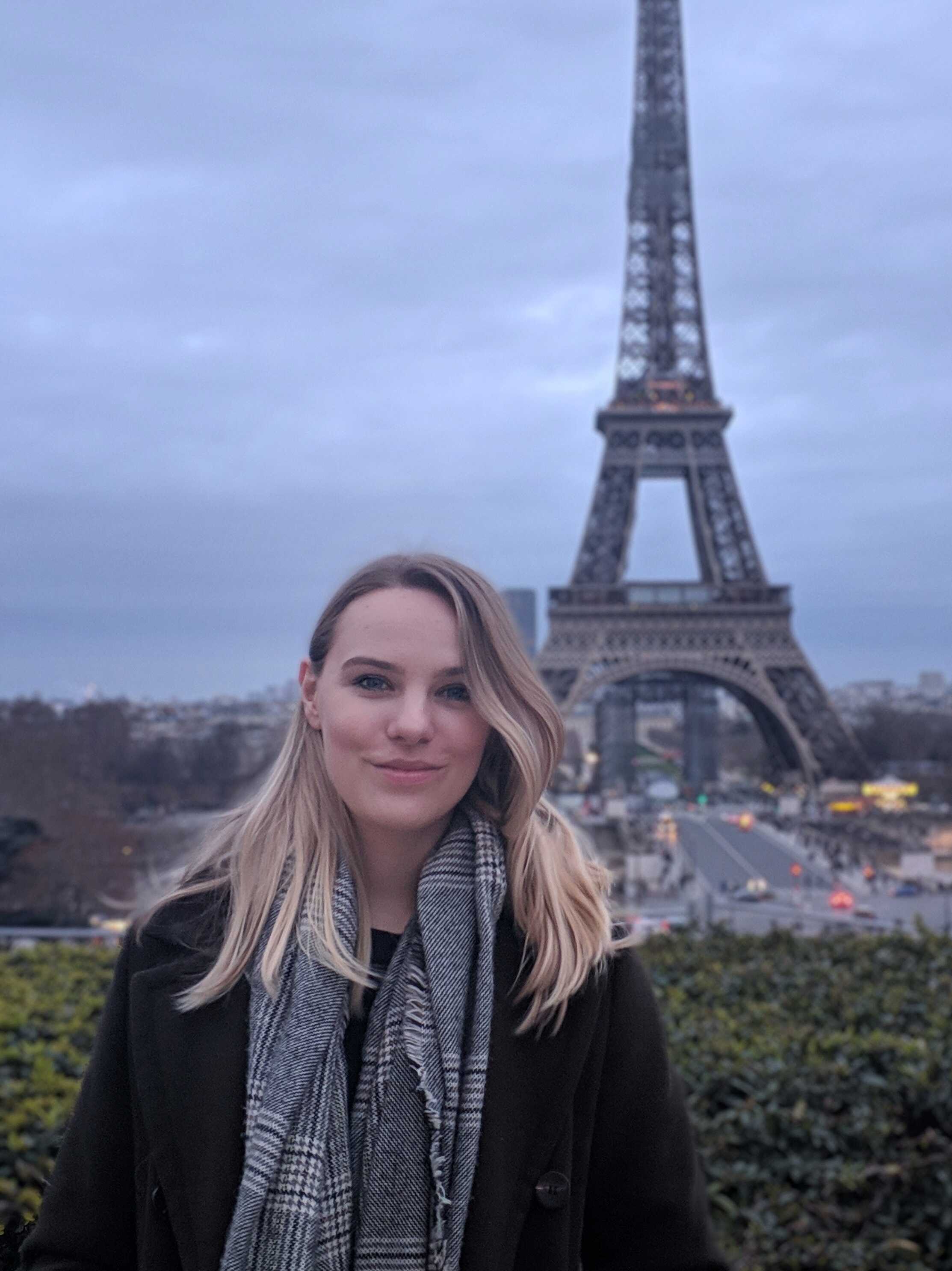
Juliane Schittek
Juliane Schittek is a PhD candidate in Organizational Behavior at the Imperial College Business School. Her research interests lie within diversity and inclusion. She examines how dominant groups react to diversity initiatives and how we can increase their support for diversity efforts as well as for subordinate groups in the face of growing demographic diversity. Her research builds social identity as well as signaling theory and spans perceptions of and reactions to diversity initiatives as well as the nascent field of allyship with a particular focus on performative allyship.
Jingze Wang
Jingze Wang is a doctoral student at UCL School of Management. He has broad interests in computational methods, personality and social network studies. He studies human behavior, preferences, and performance using a combination of advanced analytics and traditional experimental methods.
Ee Hwee Lau
Ee Hwee is a PhD student in Organisational Behaviour at London Business School. Her research focuses on mindsets, prestige, and decision-making during employee recruitment. In particular, one project she is currently working on examines how mindsets about ability shape organizations’ use of institutional prestige as an exclusion factor to gatekeep certain individuals over others, despite all individuals being equally qualified.
Christine Nguyen
Christine is a doctoral student at Columbia Business School in the Management department. She is broadly interested in group status, societal status, and communication styles. Prior to beginning her PhD, she studied cognitive science at UC Berkeley, with minors in data science and applied linguistics.
Canfer Akbulut
Canfer is a Master's student at the University of Oxford and an alumna of Columbia University. Her research explores how people create relationships and share their beliefs on the internet.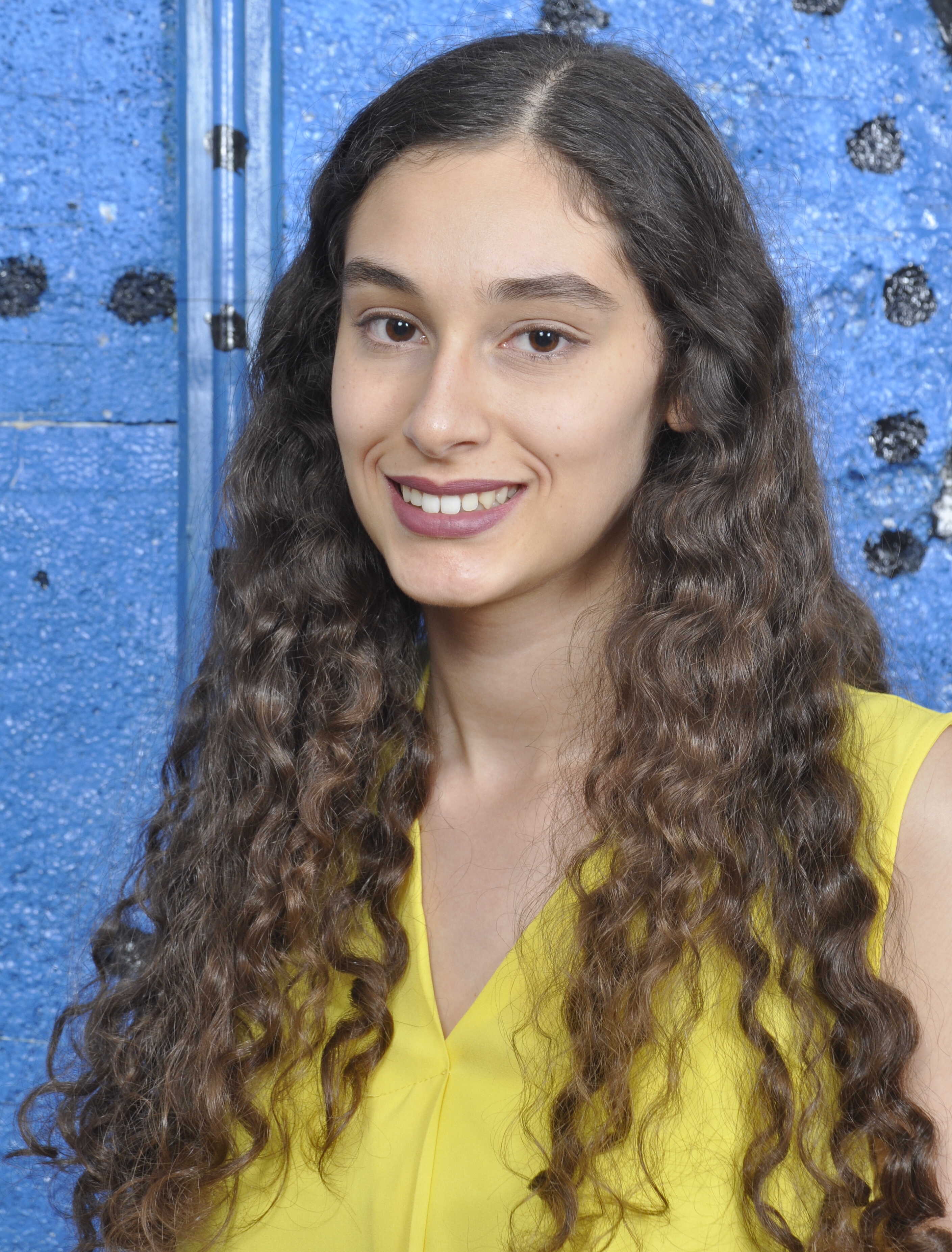
Azza Bouleimen
Azza Bouleimen is a PhD Student in Informatics at the University of Zürich. She is also working at the Information Systems and Networkig Institute at University of Applied Sciences and Arts of Southern Switzerland. Her work focuses on social media manipulation, and its impact on the political context in the MENA region. She is also interested in investigating the impact of social media toxicity on society. She currently works on a project that explores young people vulnerabilities to fake news. Prior to her PhD, Azza obtained, in 2020, a Degree of Engineering in Telecommunations from the University of Carthage - Tunisia, during which she participated in a year exchange at the University of Padova -Italy- in 2019 / 2020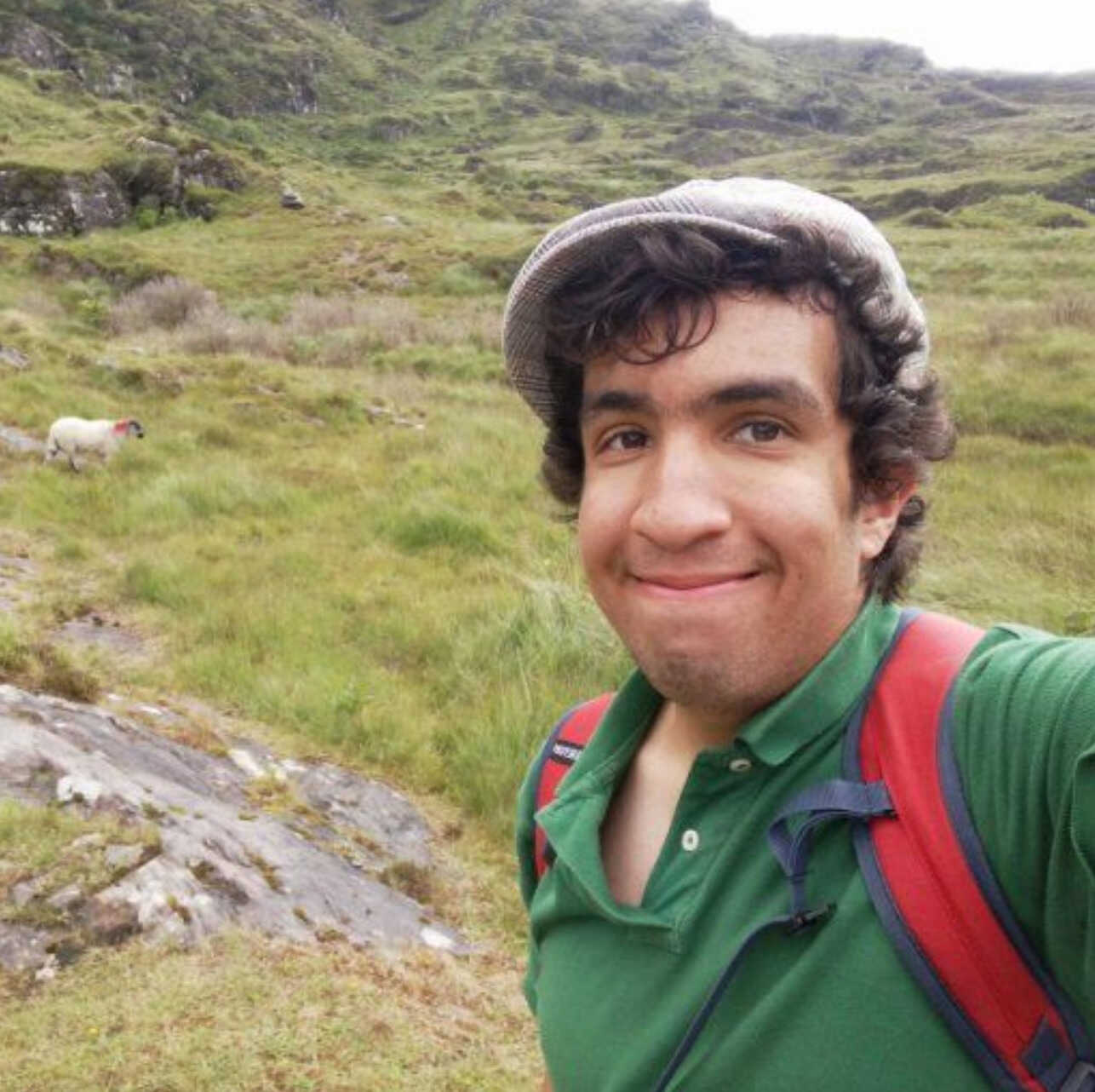
Amin Mekacher
Amin is a PhD student in applied mathematics at City, University of London. His research focuses on the social incentives and hierarchies leading online communities to spread misinformation or hate speech, and how these phenomena amplify their identity as a disenfranchised community. His interest mostly covers online fringe platforms, and how deplatforming communities from mainstream social networks can alter the way their members interact with each other on uncensored platforms or exacerbate their mistrust against national authorities, such as mainstream media or political institutions.